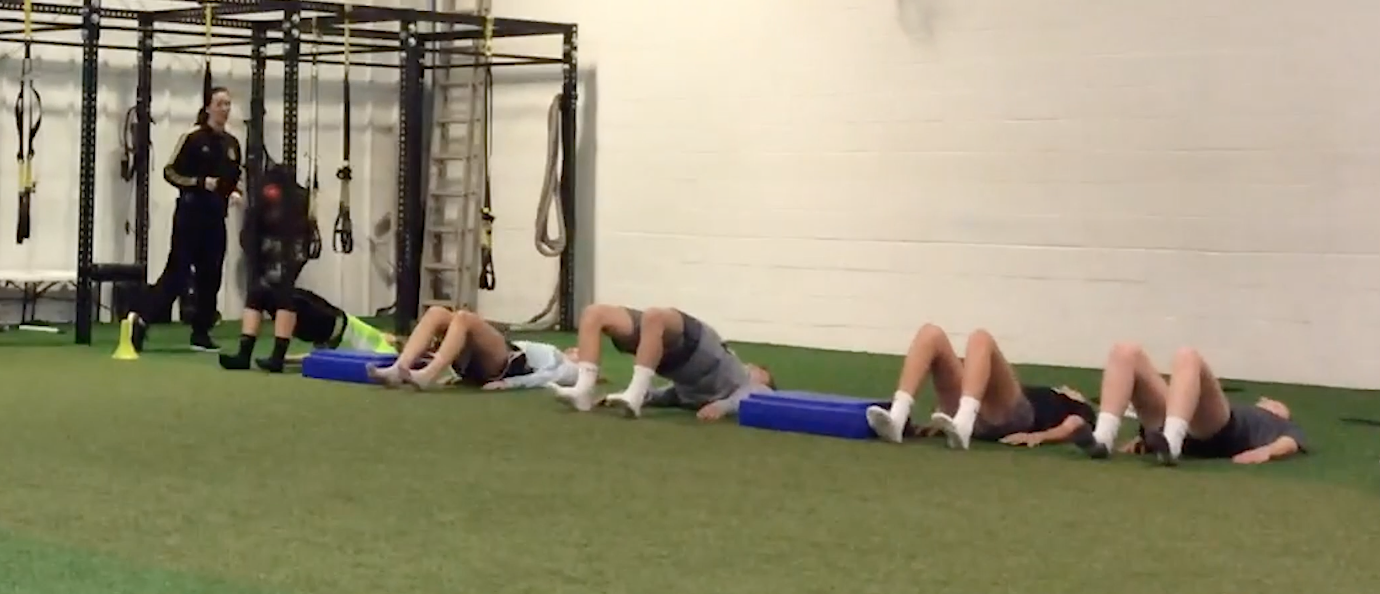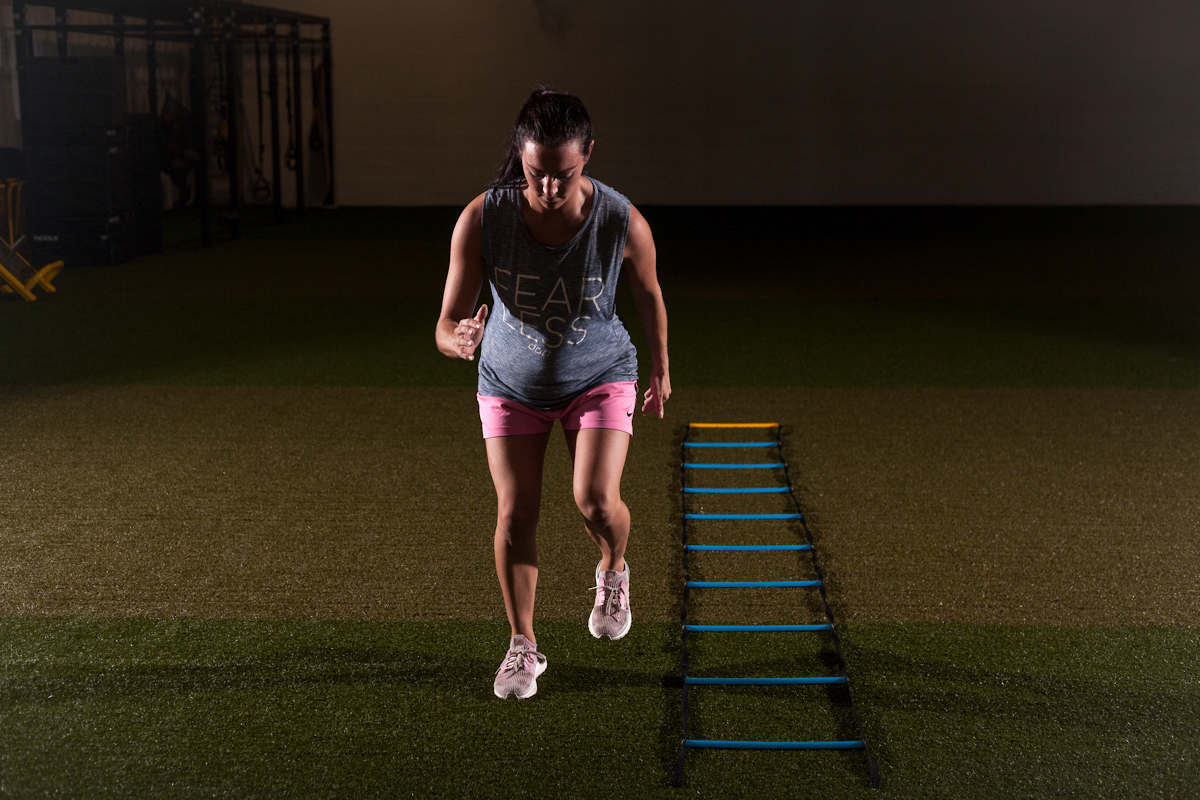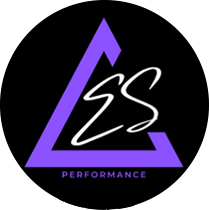
21 Dec NEW Podcast: How Should We Train Youth Soccer Players?
Not a lot of things nowadays are on a year-round grind.
I mean, not even Walking Dead is year-round.
Nor is elementary school.
Nor is snowboarding season.
And if this were the case, I’d be unable to shred as gracefully as I do.
But there’s one thing I can think of that is year-round and it’s becoming a problem: youth sports.
Actually, the only other thing I can think of that is year-round is work.
And how does that work out for all of us?
Not so well.
Eventually, as hard as we go, as much as we work, and as much as we bust our butts, we reach a point of diminishing returns.
Whether this is physically, mentally, socially, or spiritually, we all crave a break every once in a while to recharge our minds, regain our footing, and bring productivity and creativity back.
We can’t work the entire year because we get to a point where we can’t muster up the energy to write a proposal, or run a meeting, or even, walk to the copy machine.
The repetitive tasks become mundane and lifeless, and after a while, we resent them.
Burn out is real. And this is across work and youth sports.

It’s the honest truth. Research backs it. Practical experience backs it.
I’ve seen kids wish their soccer practices got canceled. I’ve seen kids dread extra tournaments. I’ve seen kids with low energy and chronic anxiety. I’ve seen kids come to me after an overuse injury and crying they never strength trained before.
And this all if just glossing over the tip of the iceberg.
I was so grateful to be on a three-way podcast with performance coach Julia Eyre and youth performance coach, Dave Gleason, to discuss year-round youth sports, the problems with early specialization, but also, some solutions for early specializers and maturing kids to stay healthy, while still developing into their strongest and fastest selves.
Caveat: if kids are early specializing, we won’t hate them or put them on our naughty list this holiday season.
While I recommend they dabble in multiple sports and learn a variety of movement patterns, environments, and social situations, people will be set in their ways, and ignore the alarming, extensive research around injuries and single-sport athletes.
So…
What this podcast provides is a myriad of solutions if your child is a year-round, single sport athlete, and what else they can do to boost their physical development, as well as stay healthy long-term.
You can listen to the full episode HERE.


No Comments